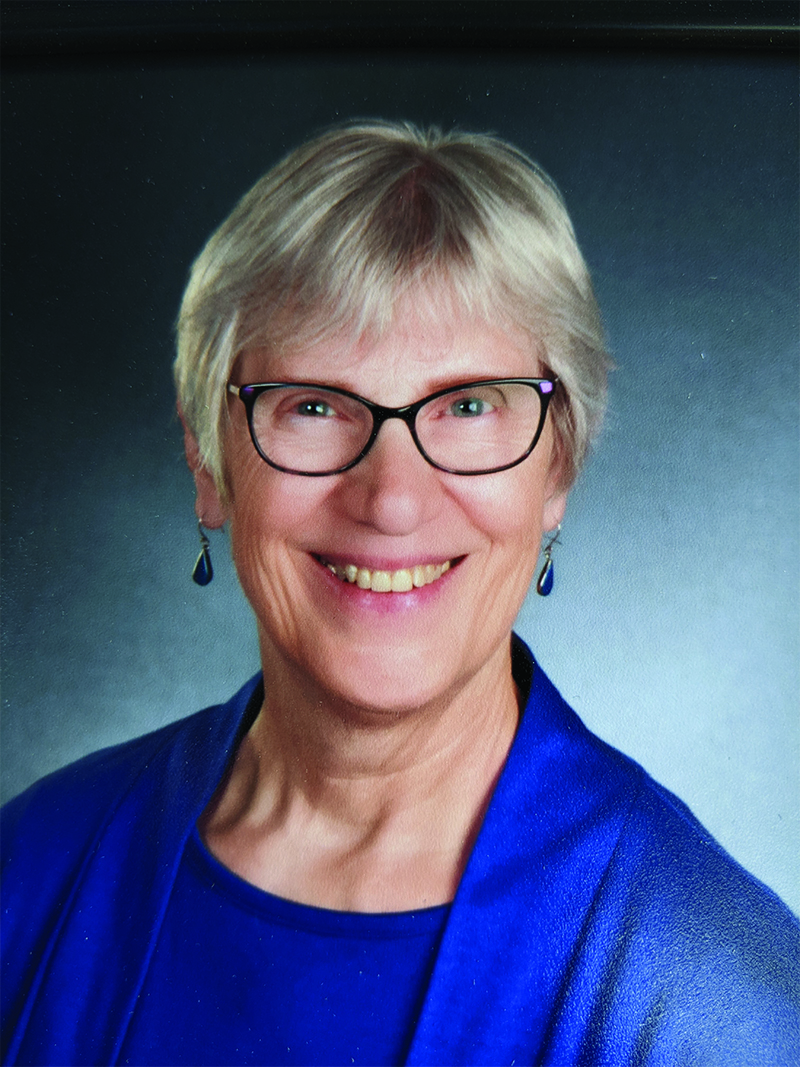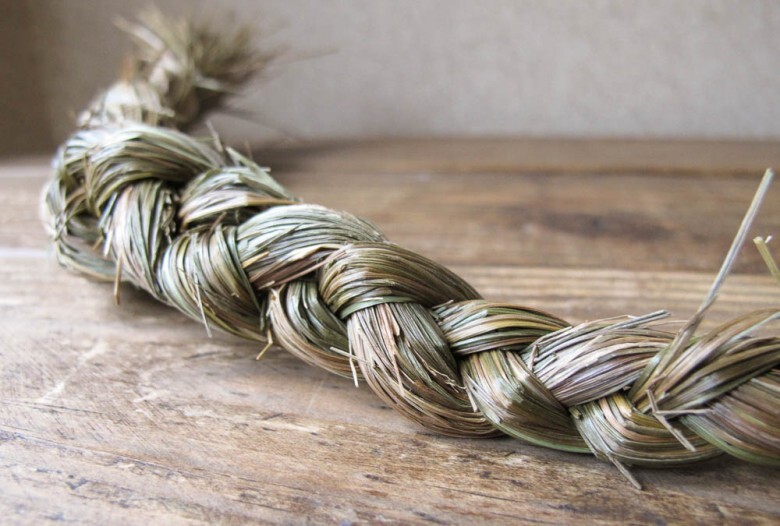Braiding Together Histories
March 26th
In Braiding Together Histories, Melissa Miller, chair of the MCEC Truth & Reconciliation Working Group, offers a series of reflections, based on her participation in a current research project.
 How do you tell the story of your beginnings in Canada? How many generations back do you go? What reasons are included? Persecution or flight from danger? A search for religious freedom or economic security? Slavery? What is emphasized and what is overlooked when your family story is told?
How do you tell the story of your beginnings in Canada? How many generations back do you go? What reasons are included? Persecution or flight from danger? A search for religious freedom or economic security? Slavery? What is emphasized and what is overlooked when your family story is told?
I am a first generation Canadian, arriving as a student in 1978 and living in Waterloo Region Ontario for most of the time since then. (I lived in Manitoba for nearly 20 years which also shapes my history.) In a cross-cultural training, I heard the question, “When did you come over?” Meaning, “When did your people come to Canada?”
I thought it was an engaging icebreaker until…it was pointed out how the question would sound to Indigenous people.
I thought it was a great question, and imagined a variety of boats and planes that carried Europeans, Africans, Asians and others to new lives in Canada. It was an invitation to tell stories of immigration and settling, and in doing so, to get acquainted with others. I thought it was an engaging icebreaker until…it was pointed out how the question would sound to Indigenous people.
I do not know how long Indigenous peoples have inhabited Turtle Island, but I know it has been far longer than me, or any early European visitor. I intend to learn more. I am sure Indigenous people in the 17th century greeted my British ancestors when they landed on what is now called Pennsylvania. I am told and I believe that Indigenous generosity and sharing of resources and life-skills was critical in helping newcomers adapt and survive in their new homelands. Only recently have I become aware of Indigenous histories alongside my history.
I invite you into this journey of learning
My reflections arise from participation in a research project focused on Waterloo Region Mennonite settler histories. I am curious what I will learn as I encounter stories from other participants, including Indigenous peoples from the region. I look forward to sharing some of this with readers of MCEC Connect.
I invite you into this journey of learning, of opening eyes and hearts, of seeing your own history with new eyes, and receiving the gifts of Indigenous peoples, including the shared relationship we have with the land we call home.
What is the story or a story of your family’s history in Canada?


On the Journey
MCEC Truth & Reconciliation Working Group invites individuals and congregations to reflect on their journey in responding to the Truth and Reconciliation 94 Calls to Action, especially those directed to churches. In On the Journey, we have a place to tell our stories, and learn from each other, as Jesus calls his disciples to seek justice, make peace and foster reconciliation.
You can submit material, or questions to trwg@mcec.ca.
The constituency-based MCEC Truth & Reconciliation Working Group serves the MCEC constituency by promoting awareness and education on specific issues and topics. The information and links are those of the Working Group and do not necessarily represent MCEC as a whole.